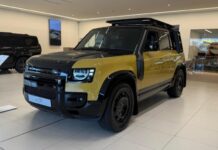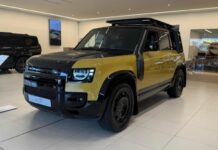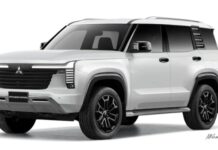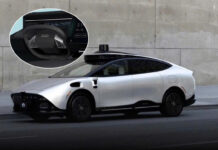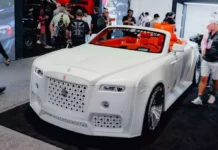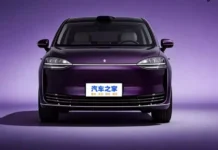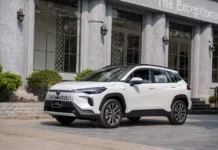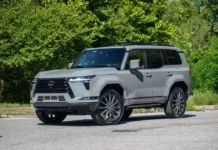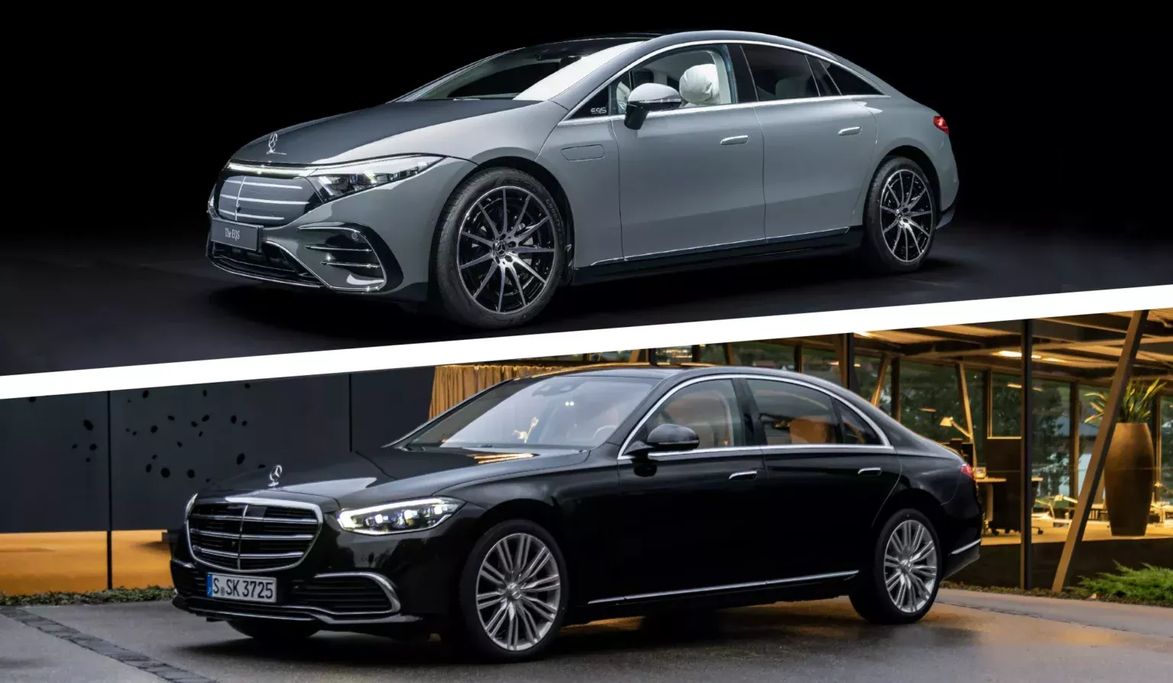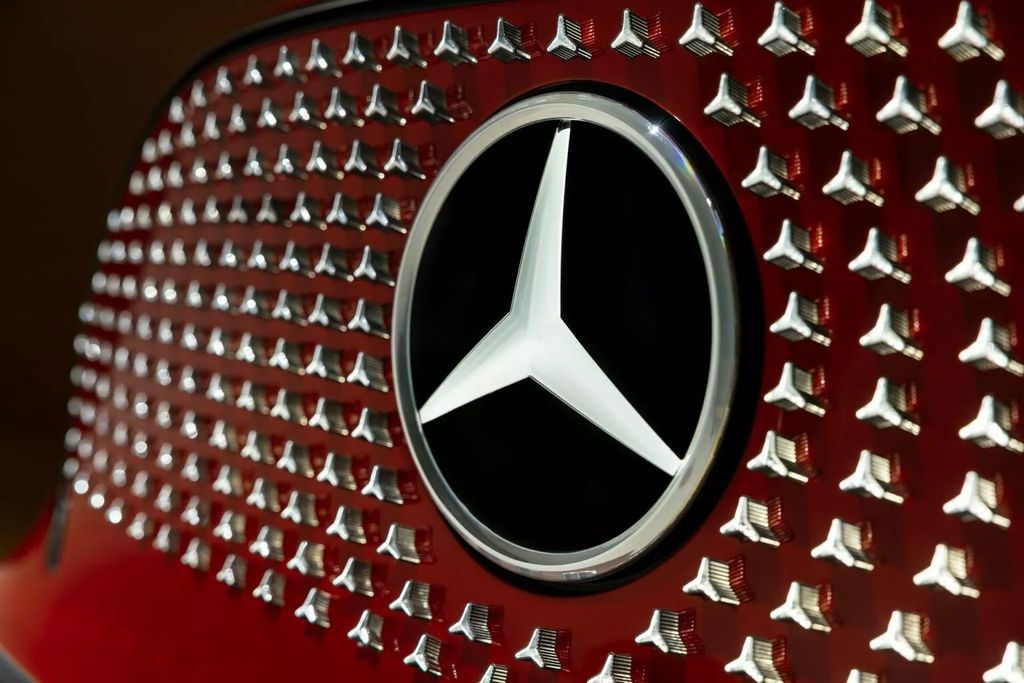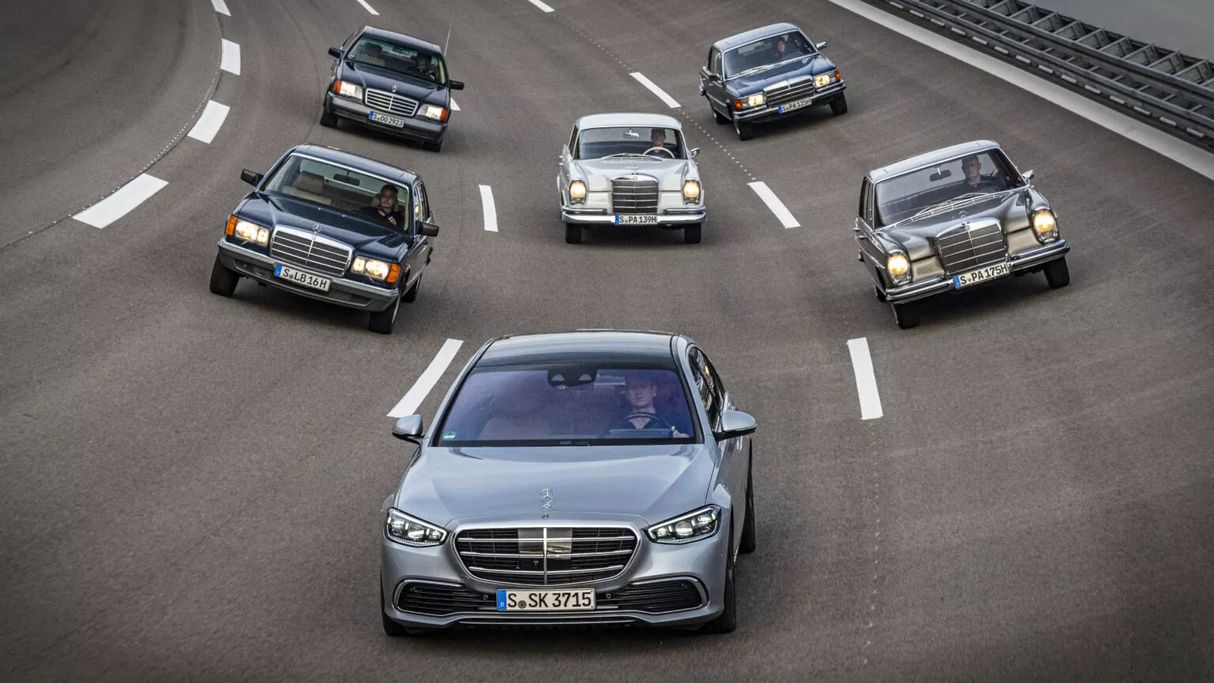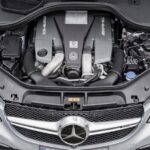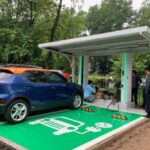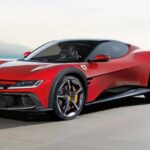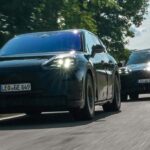Mercedes plans to merge its flagship S-Class and EQS models into a single line-up in the future. The eighth-generation S-Class is expected to debut in 2030, offering both ICE and EV powertrain options.
According to Carscoops, Mercedes is strategizing to consolidate its S-Class sedan and EQS models into one lineup, offering both internal combustion engine (ICE) and electric vehicle (EV) powertrains. The next generation of the German brand’s flagship model is anticipated to launch in 2030. Meanwhile, the current EQS and S-Class models will receive comprehensive updates in 2025 and 2026, respectively.
“There will be two S-Class lineups in the future – one with an internal combustion engine and one fully electric,” said Ola Kallenius, CEO of Mercedes-Benz. Although these versions are expected to share similar exterior and interior designs, they will likely be built on different platforms.
Despite previous rumors about the cancellation of the MB.EA Large architecture, Mr. Kallenius confirmed that its development is ongoing. According to Autocar, this platform will underpin the electric S-Class, while the ICE-powered variant will utilize an upgraded version of the current MRA (Modular Rear Architecture) platform.
In terms of design, Robert Lesnik, Director of Design, hinted that the future Mercedes S-Class EV and ICE models would have a strong visual connection. This strategy mirrors the approach taken with the updated G-Class and is similar to BMW’s strategy with their 5-Series/i5 and 7-Series/i7 models.
In addition to merging the S-Class and EQS, an internal source suggests that Mercedes might take a similar approach for the successor of the E-Class/EQE sedan. This would allow the German automaker to benefit from economies of scale, as the S-Class and E-Class share many technical similarities.
Mercedes is currently targeting a 50% sales share for electric vehicles by 2030, adjusting its previous goal of achieving this by 2025. The CEO of the German automaker recently confirmed that Mercedes will continue to invest in and support ICE powertrains for much longer than initially planned.
Slow sales of the S-Class and EQS have prompted Mercedes to reduce production at its Sindelfingen plant in Germany. Sales of the ICE-powered S-Class declined by 22% in the first half of 2024 compared to the same period last year, and demand for its electric equivalent has also failed to boom. However, upcoming upgrades are expected to enhance the appeal of these models to consumers.
TT (Tuoitrethudo)
References: Carscoops
“PV Power Invests Over $77,000 to Build Electric Vehicle Charging Station in Hanoi”
PV Power, the Vietnam Petroleum Power Corporation, has announced its plans to venture into the electric vehicle market. The company is currently researching and investing in building its first pilot electric vehicle charging station in Hanoi. This marks a significant step forward for the company as it diversifies its energy portfolio and embraces the future of sustainable transportation. The charging station will be located at 6 Huynh Thuc Khang, Ba Dinh, Hanoi, and is expected to cater to the growing demand for electric vehicle infrastructure in the city.

